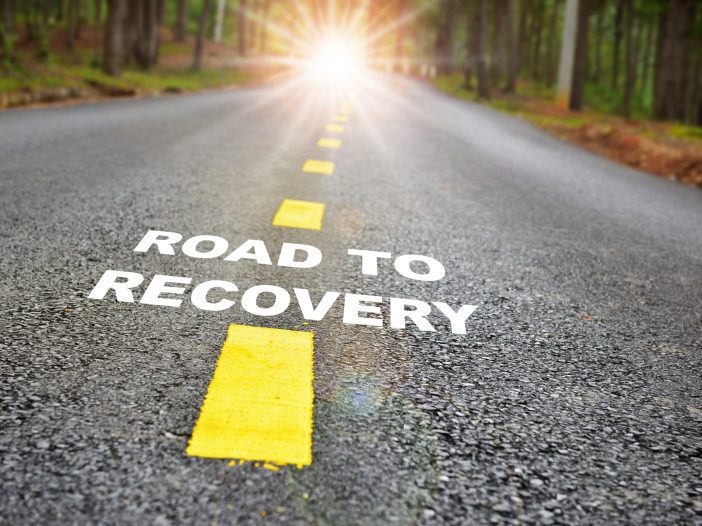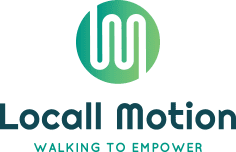
The road to recovery in mental health services can be long. Click here to learn what research says about recovery in mental health services.
What does mental health recovery mean to me?
We, as humans, ALL live with mental health everyday…it what makes up our DNA. However, there are individuals who live with mental health conditions and/or substance use disorders that affect their overall health and wellness if they have not accepted their illness. Once they have learned and accepted their illness, the recovery journey may begin. Recovery is such a personal journey and means such different things to different people. The key concepts to recovery are hope, personal responsibility, self-advocacy, education, and support. In addition, part of recovery is exploring activities that support your physical and emotional needs such as regular exercise, laughter, healthy diet, mindfulness practices, talk therapy, or medication. Most importantly, the individual must have the belief that recovery can happen.
What does mental health recovery mean to you?
You might be wondering, “can I recover from mental illness?” The answer is YES! Recovery is possible when you have effective tools to use and the recovery process can be short-term or long-term. To aide in your recovery, it is important to accept help from your formal and/or informal supports. Supports for your recovery action plan are as follows, but not an inclusive list:
- Health professionals, such as a social worker, therapist, or doctor, work with you under the care of a mental health team
- Support groups may give you hope for the future as it is a place where you can share experiences and receive mutual support from others. Here is an online social network: www.bigwhitewall.com
- Peer support center/mentorships are peer run (someone who lives with severe/persistent mental health disorders) who provide support to people with mental health symptoms in a safe environment such as the Wellness Shack
- Family/friends can offer support to help you build hope for your future. Educate them about your mental health condition and tell them about your recovery action plan to help with follow through. Without support from others, recovery can be difficult.
What is the recovery approach to mental health?
The recovery approach is about focusing on the individual’s strengths and abilities rather than on their illness and deficits. This approach empowers the person to become involved in their recovery by describing their own experiences and taking an active role in their recovery, meaning the plans made are person-driven. The recovery approach is not linear (traditional approaches), but rather it has many pathways to cope with their mental health condition such as, but not limited to: use holistic approaches, addresses trauma, is culturally based, and involves formal/informal supports. Here’s the bottom line, the recovery approach takes a holistic view of the person’s life and offers personal empowerment and peer support that people need to cope with their illness.
How can I recover from mental illness?
Initially, the recovery journey can feel scary and overwhelming, so remember, it is not always possible to do everything on your own. It will be important to accept help from others so you can begin living life at your full potential. Here are some lifestyle changes to improve your wellbeing and aide in your recovery:
- Simple routine: eating and going to bed at the same time daily
- Learn something new: learn a hobby or volunteer
- Reward yourself: celebrate ALL your victories (big or small)
Locall Motion is committed to offering the alternative intervention of guided outdoor walks while talking and laughing. Our goal is to give adolescents and adults the opportunity to create more ease in their life that is both thoughtful and fun.


